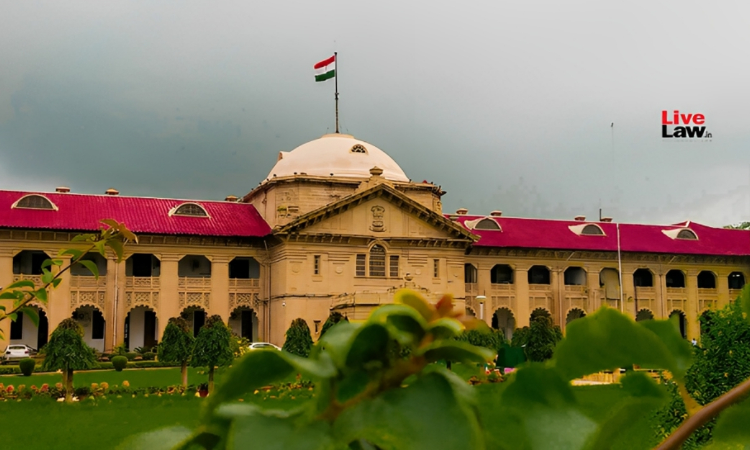Allahabad High Court Sets Aside Govt's Order Granting Remission To A Convict Who Was Awarded Life Imprisonment In 2 Cases
Sparsh Upadhyay
19 April 2023 7:54 PM IST

Next Story
19 April 2023 7:54 PM IST
Today, the Allahabad High Court quashed and set aside a 2019 order of the State Government by which a convict, who was granted a life imprisonment sentence in two criminal cases, was granted remission. Observing that the convict (Man Singh) was not entitled to remission of the sentence as his case was covered by prohibition no. (x) of the State Government’s remission policy, the bench...
